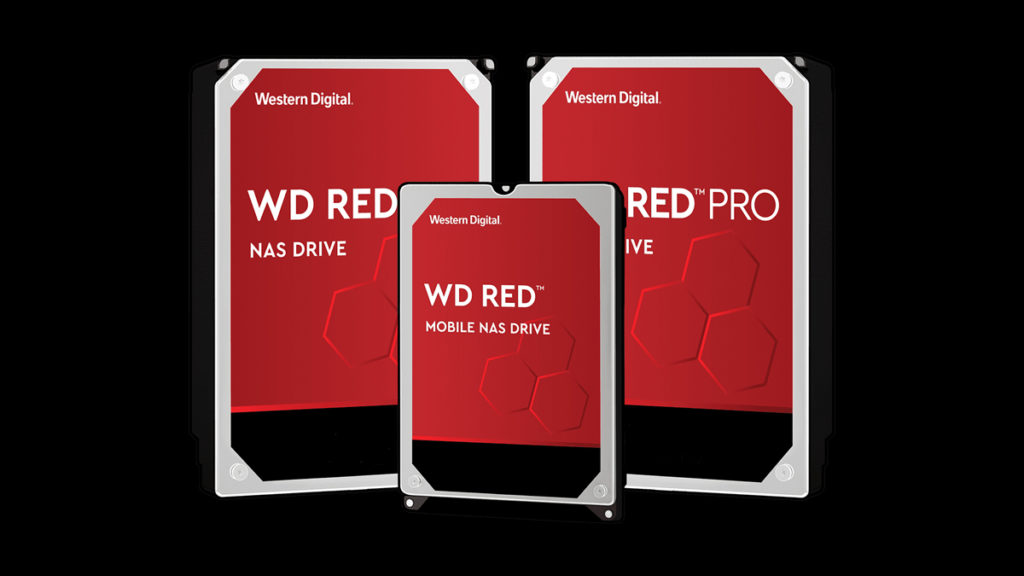- Joined
- May 6, 2019
- Messages
- 12,595
- Points
- 113
Image: Western Digital
For a while now, data storage enthusiasts have been wondering why some of their WD Red NAS drives have been failing with their RAID/ZFS arrays and/or exhibiting signs of slower performance. It turns out that many of these HDDs actually use shingled magnetic recording (SMR) instead of perpendicular (conventional) magnetic recording (PMR/CMR) technology – a fact that Western Digital never bothered listing in its specification sheets.
“All our WD Red drives are designed meet or exceed the performance requirements and specifications for common small business/home NAS workloads,” said Western Digital. “We work closely with major NAS providers to ensure WD Red HDDs (and SSDs) at all capacities have broad compatibility with host systems. Currently, Western Digital’s WD...
Continue reading...
